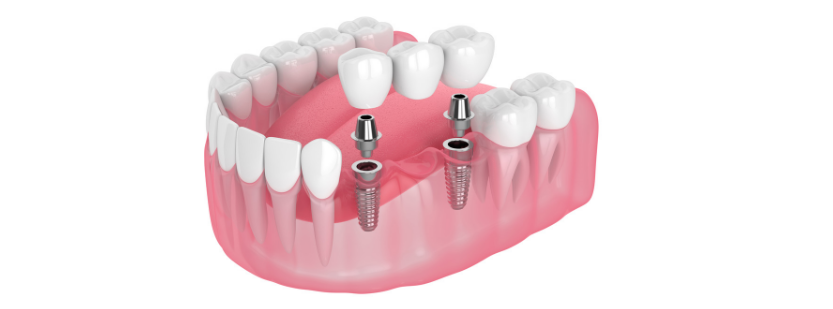Everybody knows – brushing and flossing, twice daily, is essential for good oral health. But what about professional teeth cleaning? How many times a year should you visit a dental hygienist? It’s a question we get asked frequently, here at Kiln Lane Dental, and the answer isn’t as straightforward as you think. Here our team of dental hygienists attempt to clear up a little of the confusion.
It all depends on your teeth
As a general rule-of-thumb, one dental cleaning appointment is recommended every six months. But this ‘rule’ varies depending on the condition of your teeth. For example, patients with excellent oral hygiene habits may only need to visit the dental hygienist once a year. By contrast, patients with poor habits and an unhealthy mouth may require a session every three months or less.
Certain lifestyle factors can affect how often you need dental cleaning. For example, you’re likely to need more frequent appointments if you:
– use fluoride-free toothpaste
– eat lots of sugary foods
– brush and floss less than twice a day
– wear an appliance, such as dentures or a brace
People with certain chronic health conditions (such as diabetes, osteoporosis, cardiovascular diseases etc.) should also plan to see the dental hygienist on a regular basis. The medications used to treat these conditions can complicate dental procedures. Therefore, it’s more important than ever to detect dental problems in the early stages, before they require invasive treatment.

Why is regular teeth cleaning recommended?
We all do our best to look after our teeth, making sure to brush and floss at least twice a day. But, the fact is, this isn’t enough to maintain oral health. Professional teeth cleaning is essential for several reasons:
-
Build-up of plaque
Plaque is inevitable. Even if you have the best possible dental hygiene routine at home, bacteria will start to build-up on your teeth – and, if left untreated, it can eventually lead to cavities and gum disease. Dental cleaning is an easy way to prevent this build-up from getting out-of-hand.
-
Stubborn calculus
Over time, plaque calcifies onto your teeth – creating a hardened substance, called calculus. Calculus cannot be removed with a toothbrush alone. This has to be done via professional teeth cleaning, whereby the dental hygienist will ‘scale’ your teeth and get rid of the stubborn build-up.
-
Prevention of dental issues
The appointment is a great opportunity for potential dental problems to be spotted in their early stages. For example, your dental hygienist may notice the first signs of a cavity or receding gums. They can then suggest the best way to nip the problem in the bud. It’s also possible to spot the early signs of more serious conditions, such as oral cancer.
-
Overall health
Research has shown that looking after your teeth and attending regular dental hygienist appointments can help to maintain your overall health – possibly reducing the risk of certain systemic diseases (such as heart disease, rheumatoid arthritis and more).

Book your dental hygienist appointment today
We’re a big fan of professional teeth cleaning, here at Kiln Lane Dental. The recommended frequency of your appointments will depend on your individual needs, but we believe prevention is always better than cure and that every patient can benefit from regular sessions.
So why not get in touch and book your first dental hygienist appointment today? The team of dental hygienists at our St Helens dental clinic are knowledgeable and friendly – if you have any questions about the benefits of dental cleaning or how the appointment will go, they’re always happy to help. Either give us a call on 01744 25776 or send an email to info@kilnlanedental.co.uk and we’ll get back to you as soon as possible.
